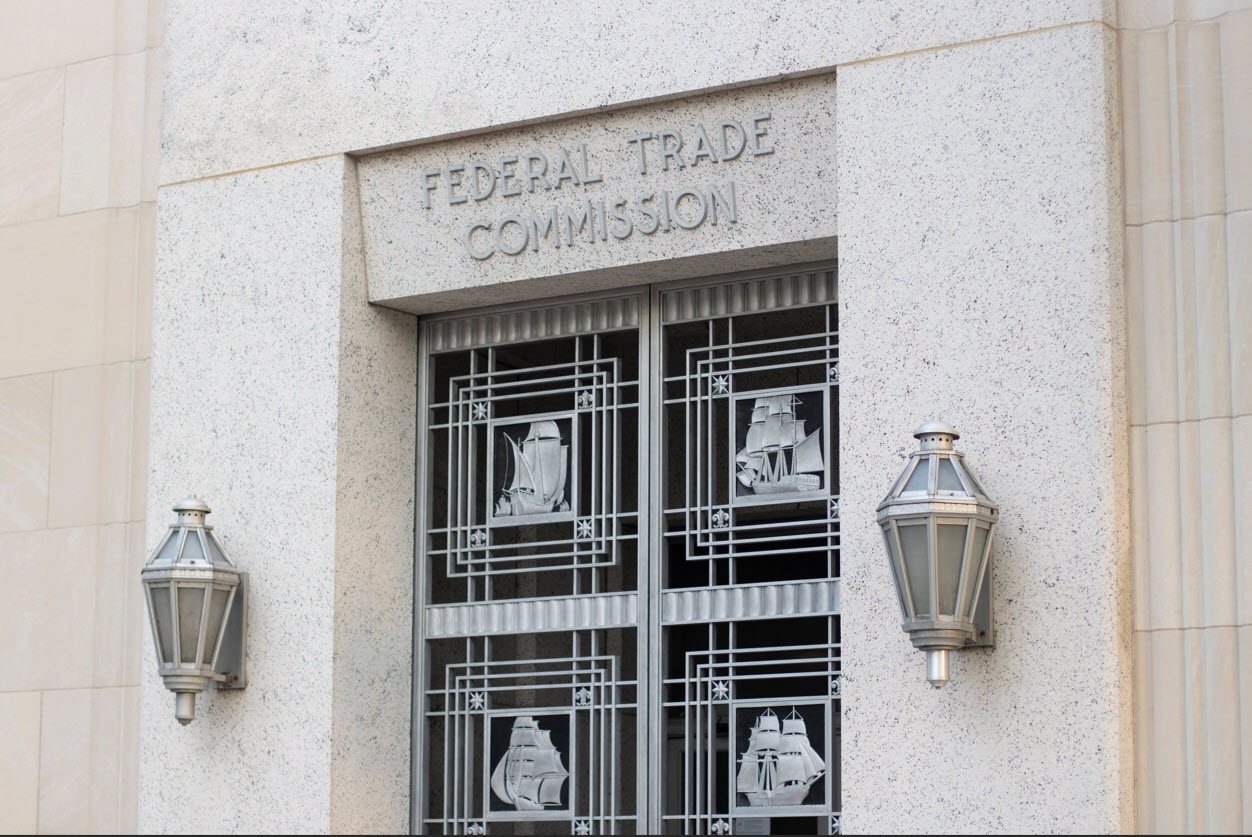For over a year, the Consumer Financial Protection Bureau (CFPB) has been gearing up for a major rulemaking under the Fair Credit Reporting Act (FCRA) to regulate data brokers and their business practices. The proposal, initially tied to rules on medical debt credit reporting, has since been separated, with both rules expected to have significant effects on their respective industries.
While the medical debt credit reporting rule is still under review, the CFPB’s proposal to regulate data brokers could be released at any moment. This comes at a time when political changes in the White House and Congress following the November 5 elections could impact regulatory leadership and priorities. Regulatory agencies often push forward with key initiatives before election-related transitions, making the timing of these rules particularly relevant.
Generally, a data broker is an individual or company that specializes in collecting personal data or data about people, mostly from public records but sometimes sourced privately, and selling or licensing such information to third parties for a variety of uses.
What’s Driving the New Regulation?
Data brokers, which collect and sell consumer information, could soon face tighter restrictions under the FCRA. This includes regulating “credit header” data such as names, addresses, and Social Security numbers. The new rules would bring data brokers under obligations typically reserved for credit reporting agencies (CRAs), potentially altering how they operate.
A key area of focus in the proposal is non-financial debt—debts that weren’t applied for in a traditional borrowing sense, such as taxes, fines, and fees. If the new rule follows what was outlined during the Small Business Regulatory Enforcement Fairness Act (SBREFA) process, the scope of permissible purposes for obtaining consumer data may become more restrictive.
Regulatory Process and Industry Concerns
The CFPB’s push to regulate data brokers began last year with requests for public and market feedback. Discussions on the proposal were highlighted in a White House roundtable on data broker practices. The Small Business Review Panel process also provided a platform for concerns to be raised by small entities. Notably, some industry representatives expressed worry about the broad definitions being considered. Without a clear definition of “data broker,” many fear that the new rules could unintentionally classify a large number of entities as CRAs.
The rule could introduce several significant changes for data brokers:
– Prohibition on the sale of covered data.
– Limiting the sale of certain data for advertising or marketing purposes.
– Ensuring consumers have the right to access and dispute data held by brokers.
Under the new rules, if a data broker provides information to an entity for a permissible purpose, that information could be classified as a “consumer report,” which would subject data brokers to the same regulations as CRAs.
What’s Next?
Once the proposed rule is issued, the CFPB will open the floor for public comments. The industry will have the opportunity to voice its concerns and suggestions, influencing the final version of the rule. This process allows businesses to share insights on how the rule will impact their operations, particularly in the context of debt collection and credit reporting.
As the election approaches, the timing and future of the rule may hinge on political outcomes. The Congressional Review Act (CRA) gives Congress the power to overturn final rules, which could come into play depending on the election results.
Regardless of the timing, it’s clear that the CFPB remains focused on increasing oversight of data brokers and their role in the credit reporting ecosystem. This shift could significantly impact how consumer data is managed and used across various industries.
As we await the official release of the proposed rule, all eyes are on the CFPB and the potential ripple effects of this regulatory change.

Author: Jennifer Evancic
Jennifer.Evancic@ResourceManagement.com
Jennifer Evancic is a third-party auditor valued by creditors and large organizations for her knowledge in call monitoring within the collections industry. With meticulous attention to detail and a firm grasp of regulatory requirements, she ensures compliance with clients’ criteria and state and federal regulations.
Jennifer audits collections calls, ensuring they meet client-specific criteria and comply with regulations, providing valuable insights and maintaining industry standards.
Beyond her auditing responsibilities, Jennifer takes the lead in organizing and facilitating monthly call calibrations. These sessions serve as a collaborative forum where clients and their vendors come together to discuss call monitoring results and address any findings or areas for improvement. Jennifer’s guidance fosters open communication and ensures alignment between clients and vendors, driving continuous improvement in collections practices.
Jennifer stays up-to-date with compliance and industry best practices by participating regularly in peer meetings, regulatory updates and industry webinars. This keeps her informed about emerging issues and ensures she remains a knowledgeable leader in collections compliance.
Sign Up for the Twice Monthly Newsletter
Just enter your email address at the top orange bar at:
Collection Compliance Experts – “The Power of Expertise: Oversight Perfected”
It’s that easy! Twice a month – we provide blog updates and Resources for the Collection and Industry Professional.
Your email is just for this newsletter. We never sell your information. No fee. Opt-out at any time.





